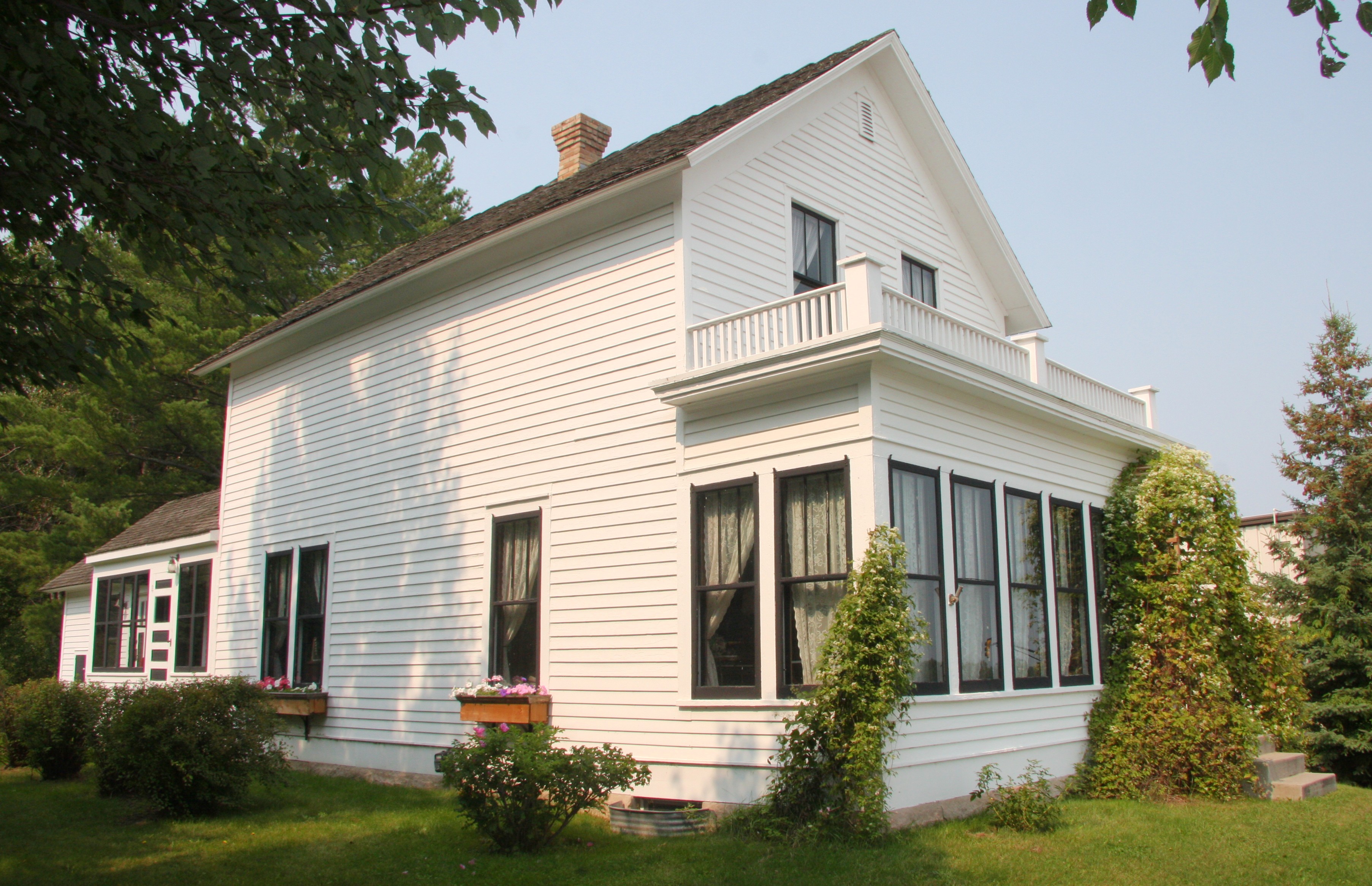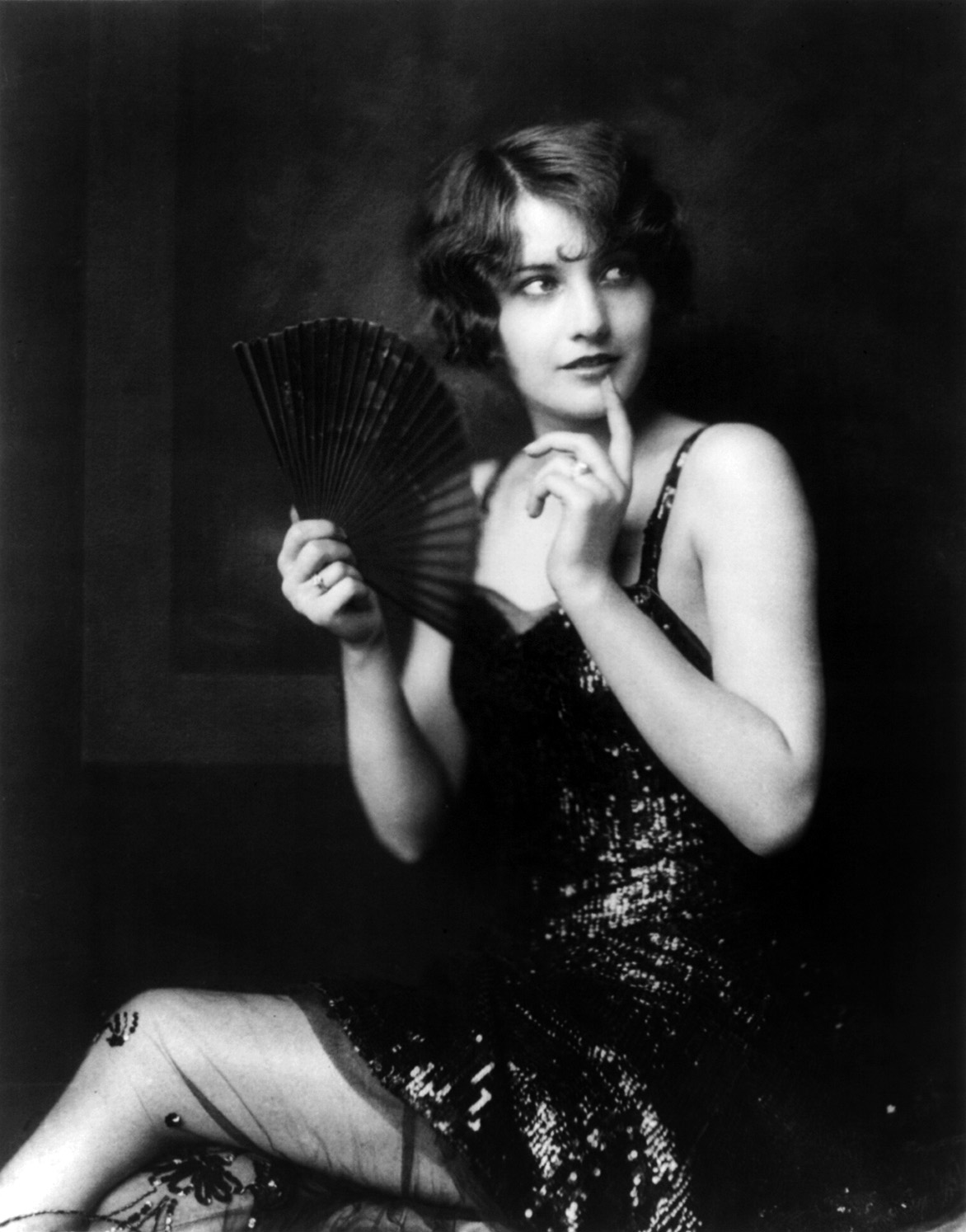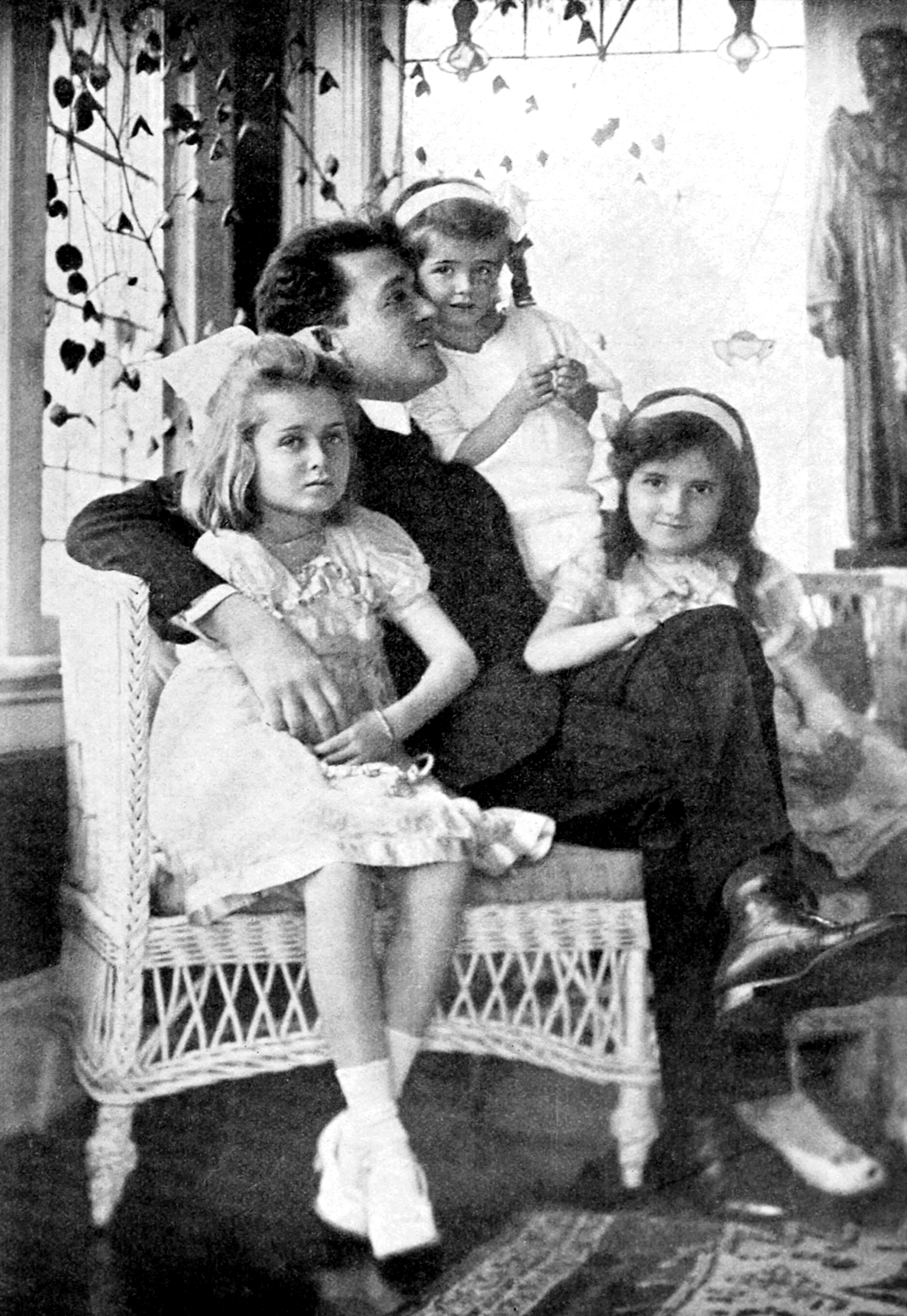|
Morning Glory (1933 Film)
''Morning Glory'' is a 1933 American Pre-Code drama film which tells the story of an eager would-be actress and her journey to stardom, and her gains and losses. The picture stars Katharine Hepburn, Douglas Fairbanks Jr., and Adolphe Menjou, was adapted by Howard J. Green from a then-unproduced stage play of the same nameAFI Catalog of Feature Films: ''Morning Glory'' Linked 2013-11-02 by Zoë Akins, and was directed by Lowell Sherman. Hepburn won her first |
Lowell Sherman
Lowell J. Sherman (October 11, 1888 – December 28, 1934) was an American actor and film director. In an unusual practice for the time, he served as both actor and director on several films in the early 1930s. He later turned exclusively to directing. Having scored huge successes directing the films ''She Done Him Wrong'' (starring Mae West) and ''Morning Glory'' (which won Katharine Hepburn her first Academy Award), he was at the height of his career when he died after a brief illness. Early life and career Born in San Francisco in 1888 to John Sherman and Julia Louise Gray, who were both connected with the theater; John as a theatrical management agent and Julia as a stage actress. His maternal grandmother had been an actress, starring with the actor Edwin Booth (brother of actor-assassin John Wilkes Booth). Sherman began his career as a child actor appearing in many touring companies. As an adolescent he appeared on Broadway in plays such as ''Judith of Bethulia'' (1904) ... [...More Info...] [...Related Items...] OR: [Wikipedia] [Google] [Baidu] |
Richard Carle
Richard Carle (born Charles Nicholas Carleton, July 7, 1871 – June 28, 1941) was an American stage and film actor as well as a playwright and stage director. He appeared in more than 130 films between 1915 and 1941. Carle was born in Somerville, Massachusetts. He was on the stage for many years, appearing in important roles in London, New York and Chicago including as J. Offenbach Gaggs in '' The Casino Girl'' (1900)'The Polite Lunatic at Close Quarters' - '' The Sketch'' 12 September 1900, pg. 327 and Algy Cuffs in '' The Belle of Bohemia'' in London in 1901 before making his screen debut. In 1941 he died in North Hollywood, California from a heart attack. Selected filmography * ''Mary's Lamb'' (1915) - Leander Lamb * '' The Mad Marriage'' (1925) * '' Zander the Great'' (1925) - Mr. Pepper * '' The Coming of Amos'' (1925) - David Fontenay * '' Eve's Leaves'' (1926) - Richard Stanley * '' The Understanding Heart'' (1927) - Sheriff Bentley * ''Soft Cushions'' (1927) - Th ... [...More Info...] [...Related Items...] OR: [Wikipedia] [Google] [Baidu] |
Elizabeth Taylor
Dame Elizabeth Rosemond Taylor (February 27, 1932 – March 23, 2011) was a British-American actress. She began her career as a child actress in the early 1940s and was one of the most popular stars of classical Hollywood cinema in the 1950s. She then became the world's highest paid movie star in the 1960s, remaining a well-known public figure for the rest of her life. In 1999, the American Film Institute named her the seventh- greatest female screen legend of Classic Hollywood cinema. Born in London to socially prominent American parents, Taylor moved with her family to Los Angeles in 1939. She made her acting debut with a minor role in the Universal Pictures film '' There's One Born Every Minute'' (1942), but the studio ended her contract after a year. She was then signed by Metro-Goldwyn-Mayer and became a popular teen star after appearing in '' National Velvet'' (1944). She transitioned to mature roles in the 1950s, when she starred in the comedy '' Father of the Bride' ... [...More Info...] [...Related Items...] OR: [Wikipedia] [Google] [Baidu] |
Hallmark Playhouse
''Hallmark Playhouse'' is an American old-time radio dramatic anthology series. It was broadcast on CBS from June 10, 1948 until February 1, 1953, and was described by one author as "a program that consistently produced the highest levels of production quality and value." Beginning on February 8, 1953, the program underwent changes of title, host, and format. It was broadcast as ''The Hallmark Hall of Fame'' until March 27, 1955, still on CBS. Playhouse format ''Hallmark Playhouse'' began as a summer replacement for ''Radio Reader's Digest'', which Hallmark had also sponsored. Company officials decided to keep it for the fall of 1948 and drop its predecessor. An article in the trade publication ''Billboard'' reported that Hallmark executives preferred not to continue sharing product identification with ''Reader's Digest''. The new show broadcast adaptations of works — some obscure and some well-known — from drama and literature. Personnel James Hilton was the host of ''Ha ... [...More Info...] [...Related Items...] OR: [Wikipedia] [Google] [Baidu] |
I'll Remember April (song)
"I'll Remember April" is a popular song and jazz standard with music written in 1941 by Gene de Paul, and lyrics by Patricia Johnston and Don Raye. It made its debut in the 1942 Abbott and Costello comedy '' Ride 'Em Cowboy'', being sung by Dick Foran. The lyric uses the seasons of the year metaphorically to illustrate the growth and death of a romance. The lyric also uses the ideas of the hours in a day and the flames of a fire to illustrate a relationship growing stronger and subsequently losing strength. Another interpretation is the use of spring (the month of April) to express the loves that were had in youth and remember them when the autumn of life arrives with affection and nostalgia, smiling: "I'll remember April and I smile". The song has been described as one which makes use of nostalgia. Since then, a number of artists have covered the song as listed below. One of the most notable live renditions of the song is a radio performance by Judy Garland, on a broadcast of '' ... [...More Info...] [...Related Items...] OR: [Wikipedia] [Google] [Baidu] |
Judy Garland
Judy Garland (born Frances Ethel Gumm; June 10, 1922June 22, 1969) was an American actress and singer. While critically acclaimed for many different roles throughout her career, she is widely known for playing the part of Dorothy Gale in ''The Wizard of Oz'' (1939). She attained international stardom as an actress in both musical and dramatic roles, as a recording artist and on the concert stage. Renowned for her versatility, she received an Academy Juvenile Award, a Golden Globe Award and a Special Tony Award. Garland was the first woman to win the Grammy Award for Album of the Year, which she won for her 1961 live recording titled '' Judy at Carnegie Hall''. Garland began performing as a child with her two older sisters, in a vaudeville group "The Gumm Sisters" and was later signed to Metro-Goldwyn-Mayer as a teenager. She appeared in more than two dozen films for MGM. Garland was a frequent on-screen partner of both Mickey Rooney and Gene Kelly and regularly collabora ... [...More Info...] [...Related Items...] OR: [Wikipedia] [Google] [Baidu] |
Ralph Bellamy
Ralph Rexford Bellamy (June 17, 1904 – November 29, 1991) was an American actor whose career spanned 65 years on stage, film, and television. During his career, he played leading roles as well as supporting roles, garnering acclaim and awards, including a Tony Award for Best Dramatic Actor in '' Sunrise at Campobello'' and Oscar nomination for Best Supporting Actor for '' The Awful Truth'' (1937). Early life Bellamy was born in Chicago. He was the son of Lilla Louise (née Smith), a native of Canada, and Charles Rexford Bellamy. He ran away from home when he was 15 and managed to gain employment in a road show. He toured with road shows before finally landing in New York City. He began acting on stage there and, by 1927, owned his own theater company. In 1931, he made his film debut and worked constantly throughout the decade both as a lead and as a capable supporting actor. He co-starred in five films with Fay Wray. Film and television career His film career beg ... [...More Info...] [...Related Items...] OR: [Wikipedia] [Google] [Baidu] |
Melvyn Douglas
Melvyn Douglas (born Melvyn Edouard Hesselberg, April 5, 1901 – August 4, 1981) was an American actor. Douglas came to prominence in the 1930s as a suave leading man, perhaps best typified by his performance in the romantic comedy '' Ninotchka'' (1939) with Greta Garbo. Douglas later played mature and fatherly characters, as in his Academy Award-winning performances in '' Hud'' (1963) and '' Being There'' (1979) and his Academy Award–nominated performance in '' I Never Sang for My Father'' (1970). Douglas was one of 24 performers to win the Triple Crown of Acting. In the last few years of his life Douglas appeared in films with supernatural stories involving ghosts. Douglas appeared as "Senator Joseph Carmichael" in '' The Changeling'' in 1980 and '' Ghost Story'' in 1981 in his final completed film role. Early life Douglas was born in Macon, Georgia, the son of Lena Priscilla ( née Shackelford) and Edouard Gregory Hesselberg, a concert pianist and composer. His fathe ... [...More Info...] [...Related Items...] OR: [Wikipedia] [Google] [Baidu] |
Barbara Stanwyck
Barbara Stanwyck (; born Ruby Catherine Stevens; July 16, 1907 – January 20, 1990) was an American actress, model and dancer. A stage, film, and television star, during her 60-year professional career she was known for her strong, realistic screen presence and versatility. She was a favorite of directors, including Cecil B. DeMille, Fritz Lang, and Frank Capra, and made 85 films in 38 years before turning to television. Orphaned at the age of four and partially raised in foster homes, she always worked. One of her directors, Jacques Tourneur, said of her, "She only lives for two things, and both of them are work." She made her debut on stage in the chorus as a Ziegfeld girl in 1923, at age 16, and within a few years was acting in plays. Her first lead role, which was in the hit ''Burlesque'' (1927), established her as a Broadway star. In 1929, she began acting in talking pictures. Frank Capra chose her for his romantic drama '' Ladies of Leisure'' (1930). This led to ad ... [...More Info...] [...Related Items...] OR: [Wikipedia] [Google] [Baidu] |
Lux Radio Theatre
''Lux Radio Theatre'', sometimes spelled ''Lux Radio Theater'', a classic radio anthology series, was broadcast on the NBC Blue Network (1934–35) (owned by the National Broadcasting Company, later predecessor of American Broadcasting Company BCin 1943–1945); CBS Radio network (Columbia Broadcasting System) (1935–54), and NBC Radio (1954–55). Initially, the series adapted Broadway plays during its first two seasons before it began adapting films. These hour-long radio programs were performed live before studio audiences. The series became the most popular dramatic anthology series on radio, broadcast for more than 20 years and continued on television as the ''Lux Video Theatre'' through most of the 1950s. The primary sponsor of the show was Unilever through its Lux Soap brand. Broadcasting from New York, the series premiered at 2:30 pm, October 14, 1934, on the NBC Blue Network with a production of '' Seventh Heaven'' starring Miriam Hopkins and John Boles in a ful ... [...More Info...] [...Related Items...] OR: [Wikipedia] [Google] [Baidu] |
Bed Of Roses (1933 Film)
''Bed of Roses'' (1933) is a pre-Code romantic comedy film co-written and directed by Gregory La Cava and starring Constance Bennett. The picture was released by RKO Radio Pictures with a supporting cast featuring Joel McCrea and Pert Kelton. The film is preserved in the Library of Congress collection.''Catalog of Holdings The American Film Institute Collection and The United Artists Collection at The Library of Congress'', p. 13. Los Angeles, California: AFI, 1978. Plot Lorry (Constance Bennett) and Minnie (Pert Kelton) are a pair of rollickingly wanton prostitutes who occasionally get hapless male admirers drunk before robbing them. After being released from a Louisiana jail they head down the Mississippi River on a steamboat. Lorry steals $60 from a "Mr. Smith" she entertains in her room, and when she is confronted by the boat's captain, who accuses her of the theft, she escapes by jumping off the vessel into the river. She is soon rescued by cotton barge skipper Dan (Joel McC ... [...More Info...] [...Related Items...] OR: [Wikipedia] [Google] [Baidu] |
Constance Bennett
Constance Campbell Bennett (October 22, 1904 – July 24, 1965) was an American stage, film, radio, and television actress and producer. She was a major Hollywood star during the 1920s and 1930s; during the early 1930s, she was the highest-paid actress in Hollywood. Bennett frequently played society women, focusing on melodramas in the early 1930s and then taking more comedic roles in the late 1930s and 1940s. She is best remembered for her leading roles in '' What Price Hollywood?'' (1932), '' Bed of Roses'' (1933), '' Topper'' (1937), '' Topper Takes a Trip'' (1938), and had a prominent supporting role in Greta Garbo's last film, '' Two-Faced Woman'' (1941). She was the daughter of stage and silent film star Richard Bennett, and the older sister of actress Joan Bennett. Early life Bennett was born in New York City, the eldest of three daughters of actress Adrienne Morrison and actor Richard Bennett. Her younger sisters were actresses Joan Bennett and Barbara Bennett. ... [...More Info...] [...Related Items...] OR: [Wikipedia] [Google] [Baidu] |







